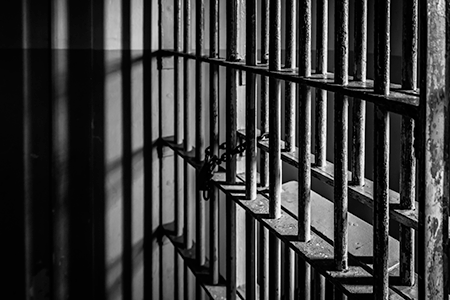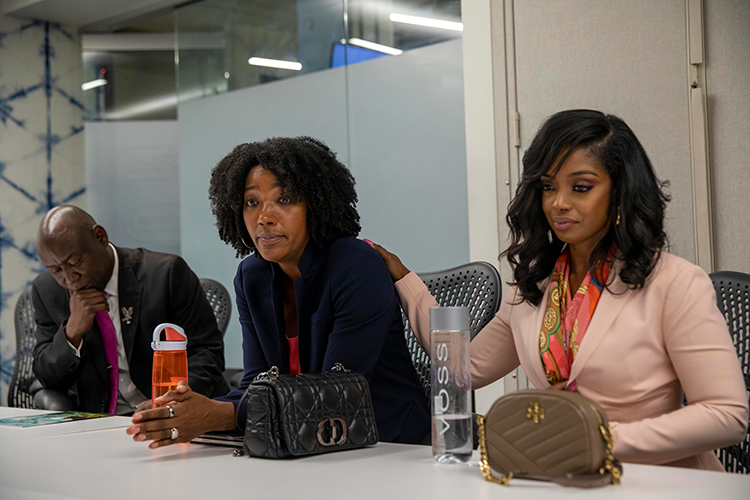39 prosecutors sign pledge to visit prisons to help understand impact of their decisions

Image from Shutterstock.com.
Thirty-nine prosecutors have signed a pledge to visit jails, prisons and juvenile facilities in their jurisdictions.
The idea is to help prosecutors understand the true impact of their decisions, according to a Nov. 25 press release by Fair and Just Prosecution, the group that coordinated the effort.
The Washington Post has coverage that was noted by the Crime Report.
Families Against Mandatory Minimums, a sentencing reform group, has been advocating prison visits as part of its #VisitAPrison challenge. By mid-October, at least 100 lawmakers had taken the pledge. The prosecutors are building on that effort.
“Prisons and jails are often violent and unhealthy places that can leave people, including staff, worse off than when they entered,” the prosecutors say in their pledge. “Recognizing that 95% of people in prisons will return to their communities, we cannot ignore the fact that the conditions we subject people to necessarily impact them, their families, and the health and safety of our communities.”
The prosecutors have pledged to visit local facilities and to require line prosecutors in their offices to also visit.
Among the prosecutors signing the pledge are Vermont Attorney General Thomas Donovan Jr.; Washington, D.C., Attorney General Karl Racine; District Attorney Larry Krasner of Philadelphia; District Attorney Rachael Rollins of Boston; District Attorney Mark Gonzalez of Corpus Christi, Texas; District Attorney Eric Gonzalez of Brooklyn; Commonwealth’s Attorney Stephanie Morales of Portsmouth, Virginia; State’s Attorney Marilyn Mosby of Baltimore; Prosecuting Attorney Wesley Bell of St. Louis; and State Attorney Aramis Ayala of Orlando.
Morales told the Washington Post that she and other prosecutors from her office visited a correctional center in Chesapeake, Virginia, in 2016 to to teach inmates about restoration of rights and finding jobs after they leave prison. But the visit was also a learning experience for the prosecutors.
“We had no idea how much of the impact was going to be on us,” Morales said. “We got to see people as family members and community members first. We usually encounter people at their lowest point coming into the criminal justice system.”
See also:
ABA Journal: “Change Agents: A new wave of reform prosecutors upends the status quo”



